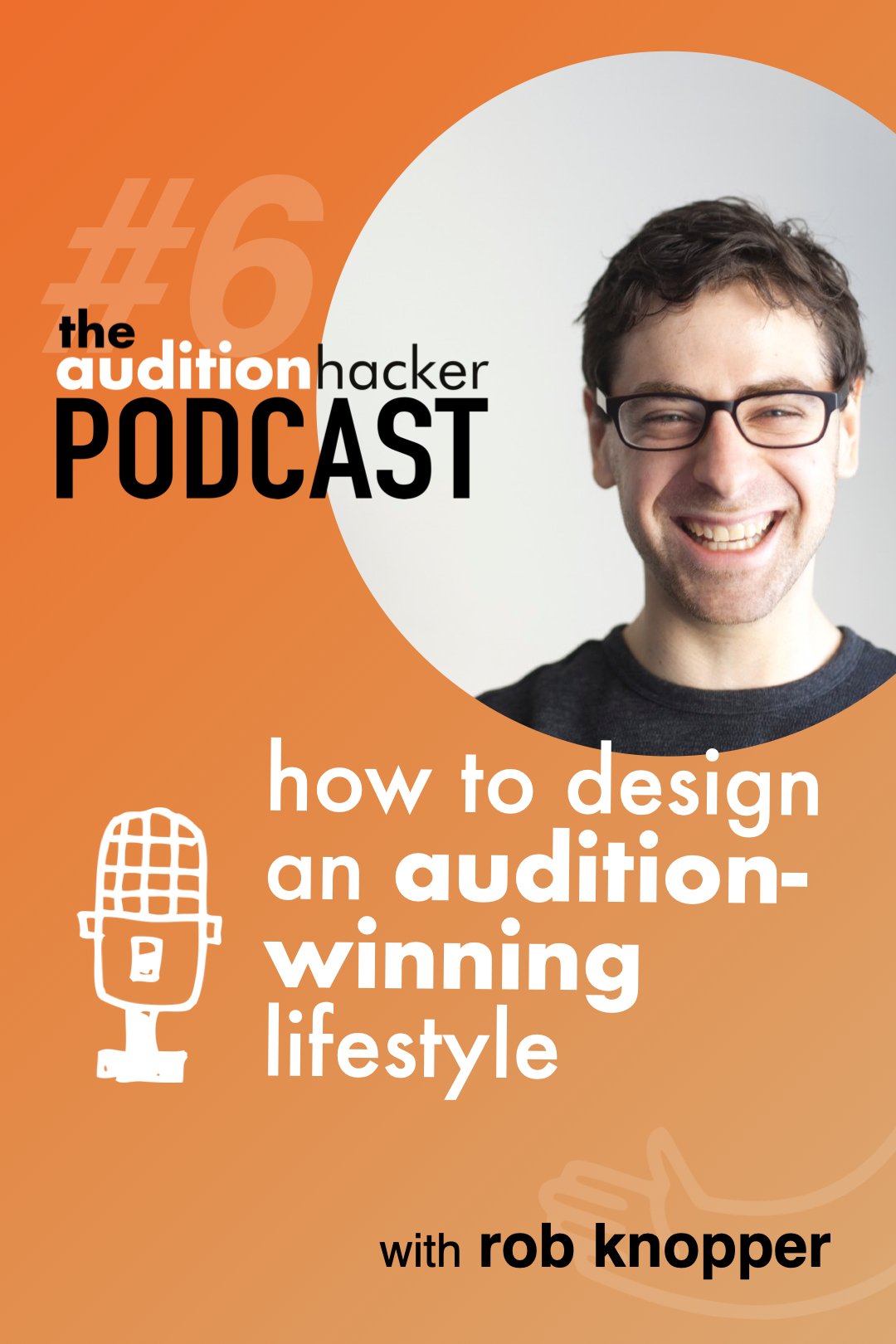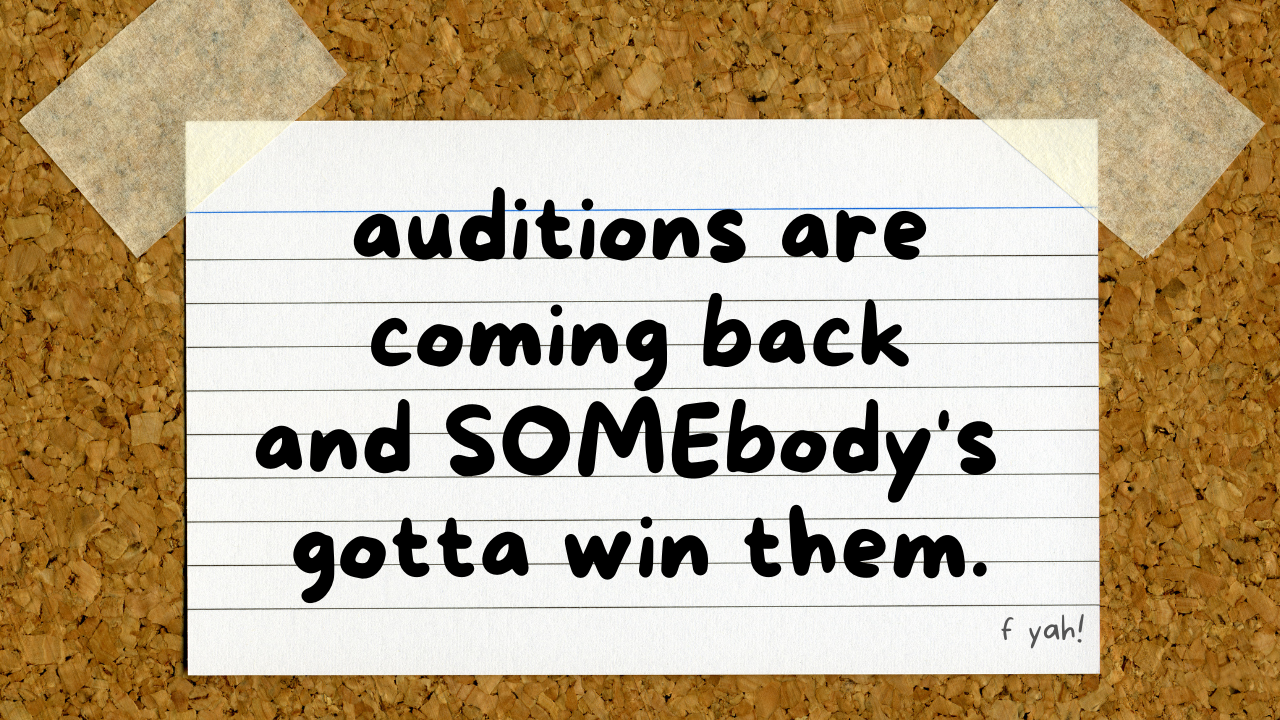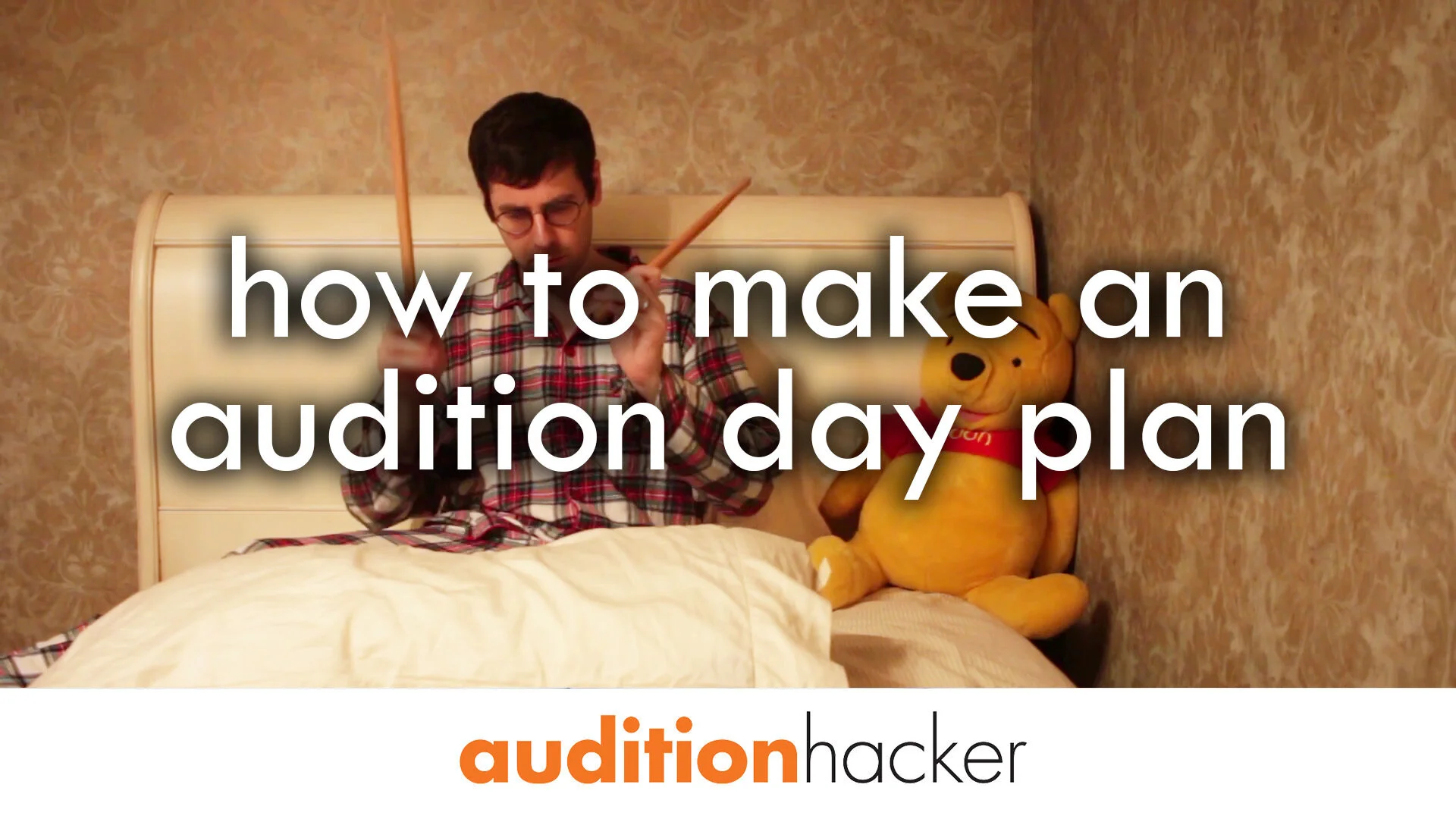i want you to raise your hand if you’ve ever gotten one of these comments before:
your phrases are too flat,
you’re just playing the notes, not the music,
i can’t tell what your musical phrases are, dude,
there’s no inflection there. it’s just notes and rhythm.
now that EVERYONE’S HAND IS RAISED, i want to show you a way to deal with this terribleness. it’s one of my 5 best practice strategies that i use for auditions. (you can download all 5 right now!)
the two sides to phrasing
ok. i’ve said it before (here) and i’ll say it again. there’s two sides to phrasing.
the first leg of the journey starts with the music (printed page), and goes to your brain. your brain’s job is to figure out how to phrase everything. then you send that message to your instrument so that you can actually realize that phrasing idea.
but how do you figure out the actual phrasing idea?
like, where do you start?
glad you asked.
every note in a piece of music is either going to something, or falling away from it. you’re either rising in tension or relieving tension.
and it's not random. it's not, like, 'let's just start rising whenever you feel like it!' it's gotta make sense.
i’ve experimented a ton with this problem. and i’ve found one exercise that has helped me immensely to get started with phrasing. specifically, this exercise forces myself to come up with a solid phrasing plan before trying to actually do it with the instrument.
the ‘peaks and valleys’ exercise
here’s the strategy. we’re going to write in all your phrasing above the notes. (simple!)
there are peaks, there are valleys, and there is everything in between. what we’re going to do is actually write in the phrasing above the notes to give us a little head start. if you establish a phrasing diagram, then you can use the notes to show your phrasing ideas.
it’s just the first step to figuring out the phrasing that works and feels right. after you make a phrasing plan and try it out, then you can change it up and try something else.
first... why it works:
writing in phrasing forces you to think about logical ways to phrase. it also reminds you to phrase at all. it gives you confidence in the phrase so you start thinking of how to show that phrase more convincingly, rather than just what the phrase should be. don’t worry — you can still break any of the phrasing decisions you made, but this will give you a great place to start.
second... the action steps:
step 1. decide on one main 'peak' in each measure or phrase. (btw: this can totally change later!)
step 2. if necessary, choose a secondary peak. these are going to make little mini-phrases within the bigger phrase.
step 3. decide on the phrasing. every note in the measure is either GOING TO the next peak, or FALLING AWAY.
step 4. write in THIS marking when notes are GOING TO a peak:
step 5. write in THIS marking when notes are FALLING AWAY from a peak.
step 6. boom, done. celebrate. drink pairing: glenmorangie single malt scotch, neat.
WOAH. did i just pair that practice strategy with scotch?
yep, and why not? i paired all 5 of the practice strategies with a drink.
i recommend you study one practice strategy per night. and celebrate each time with my paired drink. that is, IF YOU'RE LEGALLY ALLOWED TO. (lawyers? go away.)
anyway, yes, that's right, there are 5 practice strategies! this was just one of them, but you can download all of them here.
it’s part of a new ebook of 5 practice strategies
you can download a PDF of this exercise along with 4 of the best practice techniques that i use on a daily basis when i’m preparing for auditions (or even when i’m not).
i’ve included my BEST practice technique for each of the following musical elements:
time: the ‘wait for it…’ exercise
rhythm: the ‘where’d that come from?!’ exercise
phrasing: the ‘peaks and valleys’ exercise
dynamics: the ‘synesthesia’ exercise
musicality: the ‘3 emotion word’ exercise
click the orange button above to have the PDF sent to your email!



















in 2019, a cellist named maria reached out to me about her audition struggles. on paper, she was the “worst audition candidate ever” (her words). she had 2 small children, a full-time teaching job, and hadn’t taken an audition in 4 years.